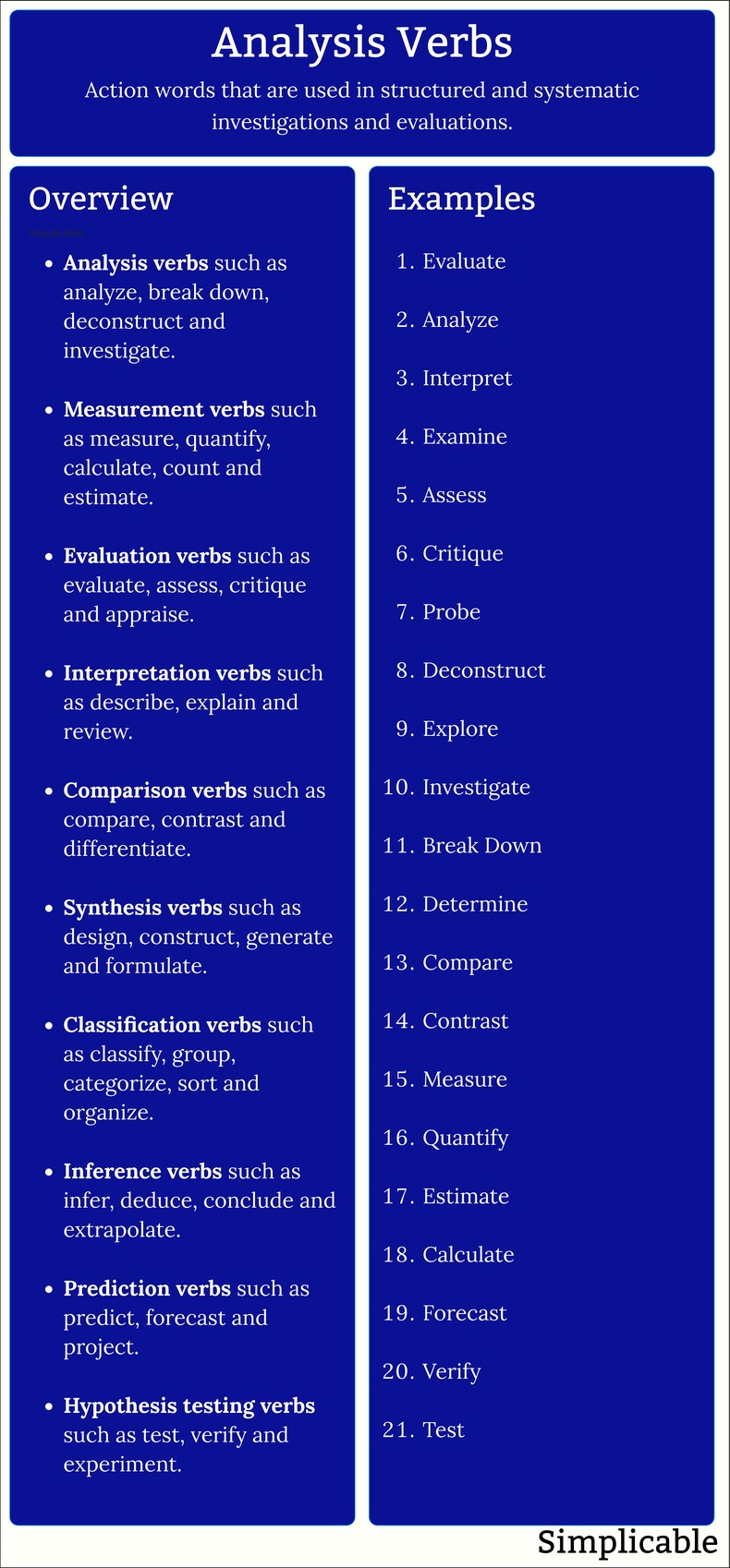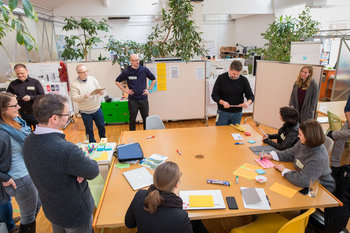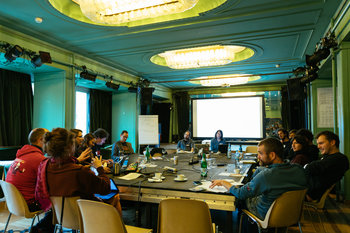|
| |
Analysis verbs are verbs that are used in an analysis to explain a source, argument, hypothesis, fact or data item. This inherently reveals your opinion about the source such that selecting an accurate verb is a critical element of analysis. For example, it is very different to say that a source "reveals" something than to say that is "speculates" about something. The following are useful analysis verbs.
Adds | Advises | Affects | Alleges | Amplifies | Appears | Argues | Articulates | Asserts | Assesses | Builds | Casts Doubt | Certifies | Characterizes | Chronicles | Cites | Claims | Clarifies | Communicates | Compels | Complies | Concedes | Concludes | Confirms | Connects | Constructs | Contradicts | Contrasts | Creates | Criticises | Deepens | Demonstrates | Denotes | Depicts | Develops | Differentiates | Diminishes | Discovers | Discredits | Displays | Disproves | Distinguishes | Documents | Elaborates | Embeds | Embodies | Emphasizes | Emulates | Encourages | Enhances | Entails | Equates | Establishes | Evokes | Exaggerates | Examines | Exhibits | Expands | Explains | Explores | Facilitates | Focuses | Forecasts | Foreshadows | Forms | Formulates | Generates | Highlights | Hints | Identifies | Illustrates | Imagines | Imparts | Implies | Incorporates | Indicates | Infers | Informs | Insinuates | Integrates | Invents | Joins | Lacks | Legitimizes | Magnifies | Maintains | Means | Misses | Models | Negates | Neglects | Obscures | Originates | Outlines | Overlooks | Paints | Parallels | Personifies | Pivots | Points Out | Predicts | Presents | Produces | Proves | Provides | Recognizes | Records | Recounts | Reinforces | Reiterates | Relates | Remarks | Reports | Reveals | Reverses | Shows | Speculates | States | Supposes | Symbolizes | Unifies | Verifies |
SummaryAnalysis verbs are words used to describe analysis actions such as measurement, evaluation, comparison, classification, inference, predictions, validation and hypothesis testing.DiscussionAnalysis verbs are used to both explain your own arguments and those of your sources. Using strong verbs that don't match the evidence at hand can be viewed as a failure of critical thinking. Weak verbs can come off as cowardly and negate the importance of a source or finding. In many cases, the common verbs are the strongest and most effective. For example, "shows" is just as strong as "proves" but is almost always the better word.Next: Analysis
If you enjoyed this page, please consider bookmarking Simplicable.
A complete guide to the common types of analysis.
An overview of analysis in writing with examples.
Examples of different types of analysis.
The definition of analytical thinking with examples.
An overview of bottom-up with examples.
An overview of thesis statements with examples.
A few definitions of function.
An overview of functional requirements with examples.
A few definition of definition.
An overview of situation analysis with examples.
An overview of common problem solving approaches.
A vocabulary for describing analysis.
A list of common first principles.
An overview of social analysis with examples.
TrendingThe most popular articles on Simplicable in the past day.
Recent posts or updates on Simplicable.
Site Map
© 2010-2023 Simplicable. All Rights Reserved. Reproduction of materials found on this site, in any form, without explicit permission is prohibited.
View credits & copyrights or citation information for this page.
|
































